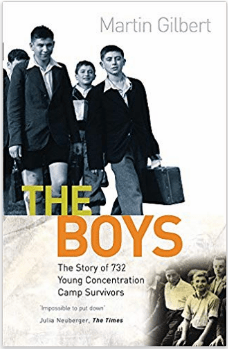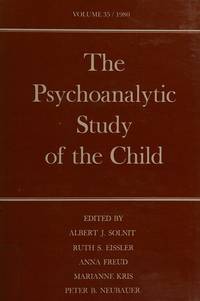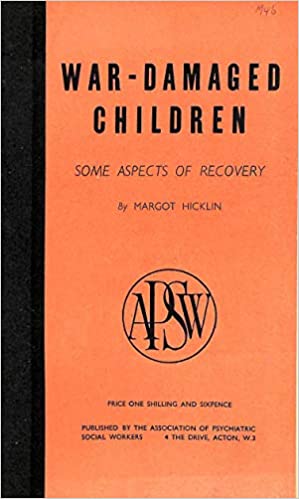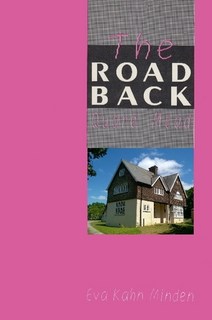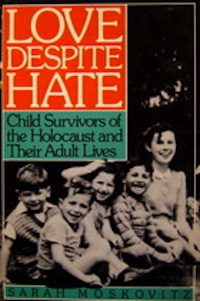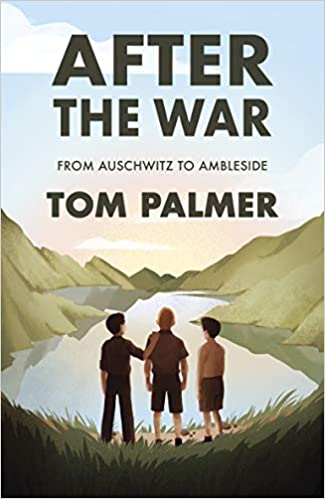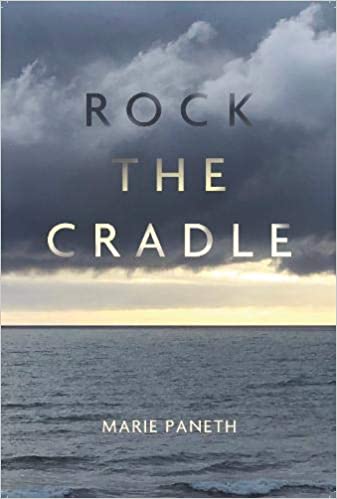'The Boys - Triumph Over Adversity', Martin Gilbert
In August 1945, the first of over 700 child Holocaust survivors arrived in Britain. First settled in the Lake District, they formed a tightly knit group of friends whose terrible shared experience is almost beyond imagining. This is their story, which begins in the lost communities of pre-World War II central Europe, moves through ghetto, concentration camp and death march, to liberation, survival, and finally, fifty years later, a deeply moving reunion.
Martin Gilbert has brought together the recollections of this remarkable group of survivors. With magisterial narration, he tells their astonishing stories. The Boys bears witness to the human spirit, enduring the depths, and bearing hopefully the burden and challenge of survival.
'An Experiment in Group Upbringing', Anna Freud and Sophie Dann
'War-Damaged Children: Some Aspects of Recovery', Margot Hicklin
Hicklin’s account written in 1946 of her time at the Windermere reception centre, which was published by the Association of Psychiatric Social Workers.
'The Road Back: Quare Mead', Eva Kahn-Minden
A chronicle of two years spent in Quare Mead, a convalescent home in Essex, England, for members of the Boys with tuberculosis. Written in the form of letters sent from the matron to her sister, it describes everyday life in the home, the Boys struggle to adapt to their new circumstances and the challenges faced by those who looked after them.
'Love despite Hate: Child Survivors of the Holocaust', Sarah Moskovitz
Moskovitz interviewed 24 of the youngest members of the Boys about their adult life in the 1970s and early 1980s. Her account shows their resilience in face of enormous challenges. The book shows that emotional disability does not necessarily follow extreme trauma.
'After the War', Tom Palmer
A fictionalised version of the Boys story, suitable for use in schools in KS3 (aged 13 upwards).
'Rock The Cradle', Marie Paneth
Paneth kept a journal of her experiences of working with the Boys in both the Windermere reception centre and the girls who lived in the hostel in Cazenove Road, London. The text was recently discovered in the US Library of Congress during the making of the BBC drama The Windermere Children. It provides a unique insight into the lives of female child Holocaust survivors.
